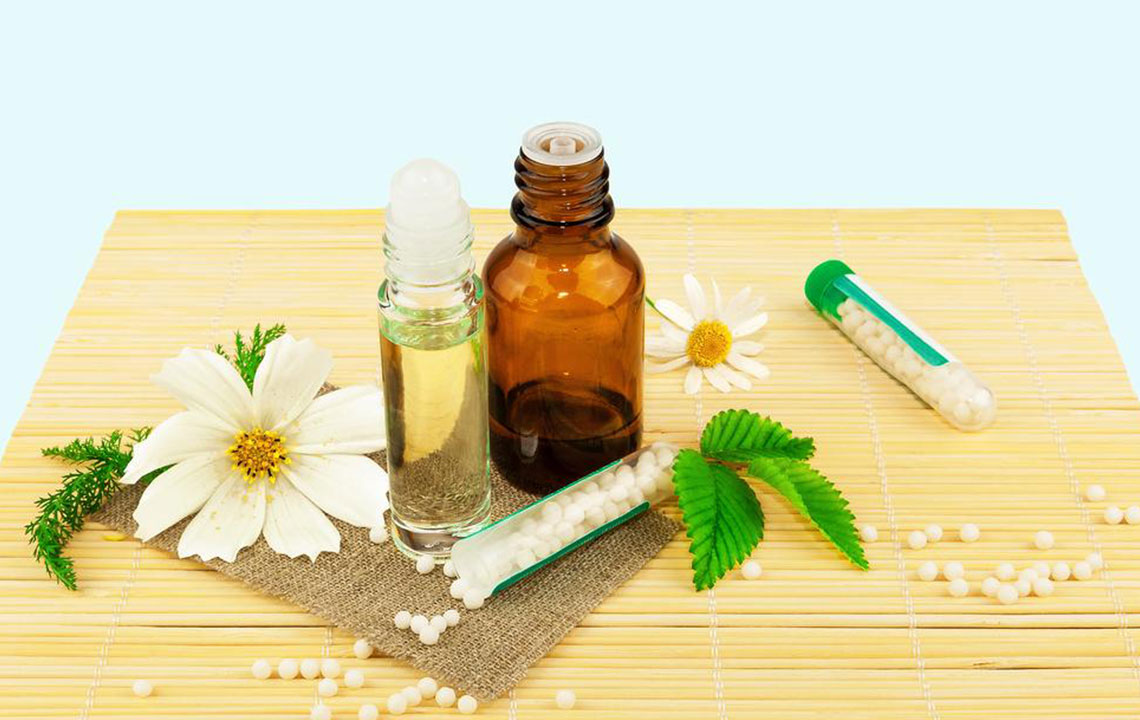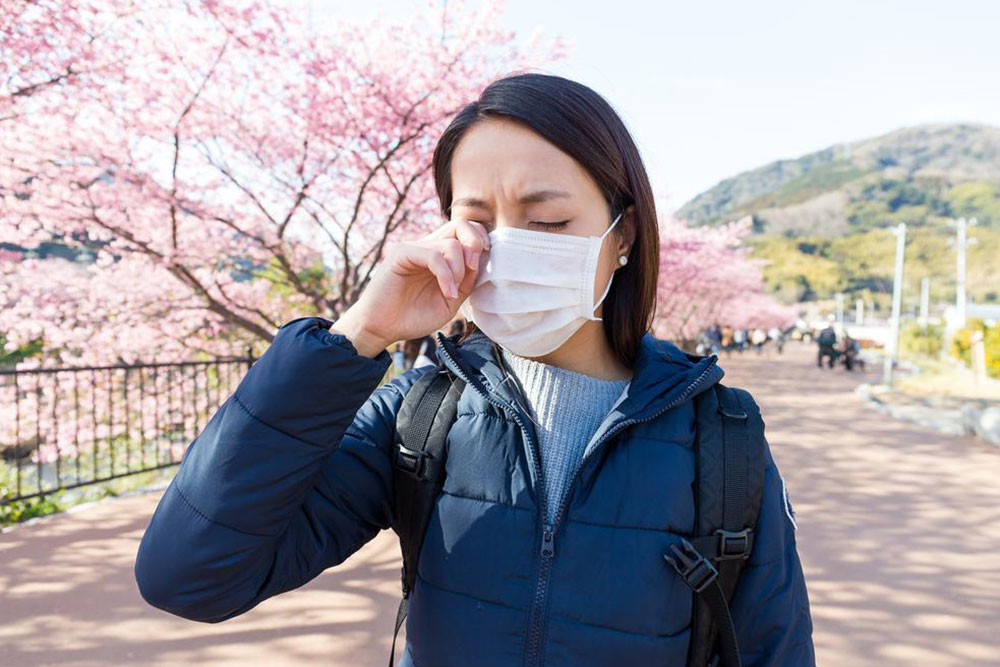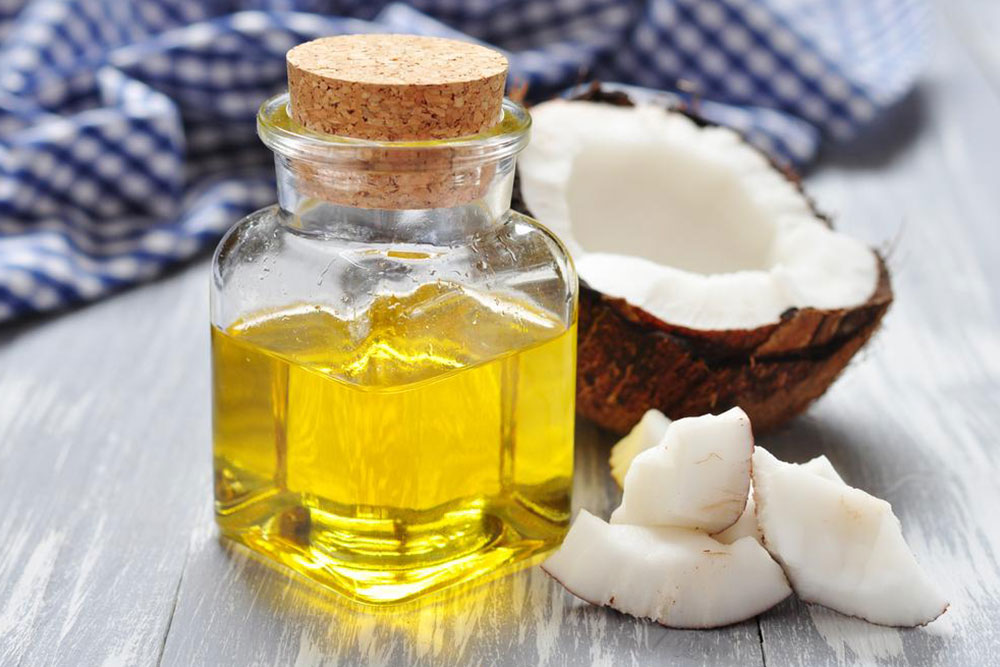Top Strategies for Managing Allergic Reactions
Discover effective allergy relief strategies including medications and natural remedies. This comprehensive guide covers antihistamines, epinephrine, corticosteroids, and natural options like butterbur and quercetin. Learn home prevention tips such as nasal irrigation and environmental controls to manage allergic reactions effectively and safely.

Top Strategies for Managing Allergic Reactions
An allergic response occurs when the immune system overreacts to specific substances known as allergens. The most effective allergy relief options vary depending on the type of allergy and the triggers involved. Both pharmaceutical treatments and natural remedies are valuable for allergy management.
Medical treatments for allergies
Antihistamines: Commonly used to alleviate allergy symptoms, antihistamines come in liquids, pills, eye drops, and nasal sprays. They block histamine receptors, reducing redness, itching, and swelling caused by allergic reactions.
Epinephrine: Critical for severe, life-threatening allergic events, such as reactions to food, insect bites, or medications. Prescribed as auto-injectors, epinephrine should be administered immediately at first symptoms. Victims should not replace epinephrine with antihistamines during emergencies.
Corticosteroids: These medications help diminish inflammation and swelling from allergies. They are also effective against sneezing, nasal congestion, and itchy eyes. Formulations include pills, liquids, nasal sprays, ointments, or eye drops.
Decongestants: Available as nasal or eye drops, tablets, or liquids, decongestants reduce tissue swelling and blood vessel dilation in the nose and eyes. Use should be limited to a few days to avoid worsening symptoms. People with high blood pressure or glaucoma should avoid these medicines.
Mast cell stabilizers: These prevent histamine release from mast cells and are suitable for mild to moderate allergic reactions, especially for eye and nasal allergy relief in the form of sprays or eye drops.
Natural remedies for allergy relief
Butterbur: This herb helps reduce nasal congestion, sneezing, and red eyes by inhibiting leukotrienes and histamine production. Available as dietary supplements under various brands.
Apple cider vinegar: Known for cleansing the lymphatic system and reducing mucus buildup, it may alleviate allergy symptoms and aid digestion.
Quercetin: An antioxidant found in foods like apples, onions, grapes, and berries, quercetin blocks histamine release, preventing inflammation. Supplements are available, but caution is advised during pregnancy or breastfeeding.
Fish oil: Rich in omega-3 fatty acids, fish oil supplements help lower leukotriene levels, beneficial for allergic asthma sufferers.
Nettle leaf: Acting as a natural antihistamine, nettle leaf capsules or herbal teas can relieve allergy symptoms, especially when combined with peppermint or raspberry leaves.
Turmeric: Containing curcumin, turmeric acts as a natural decongestant and can help soothe allergic reactions.
Acupuncture: This traditional Chinese technique has shown promising results in reducing allergy symptoms, with research indicating it may outperform standard treatments.
Home strategies for allergy prevention
Home measures include nasal irrigation with saline solutions to clear allergens, using HEPA filters in vacuum cleaners, and dehumidifiers to inhibit mold growth. During pollen seasons, taking showers before bedtime to wash away allergens can also reduce symptoms.










